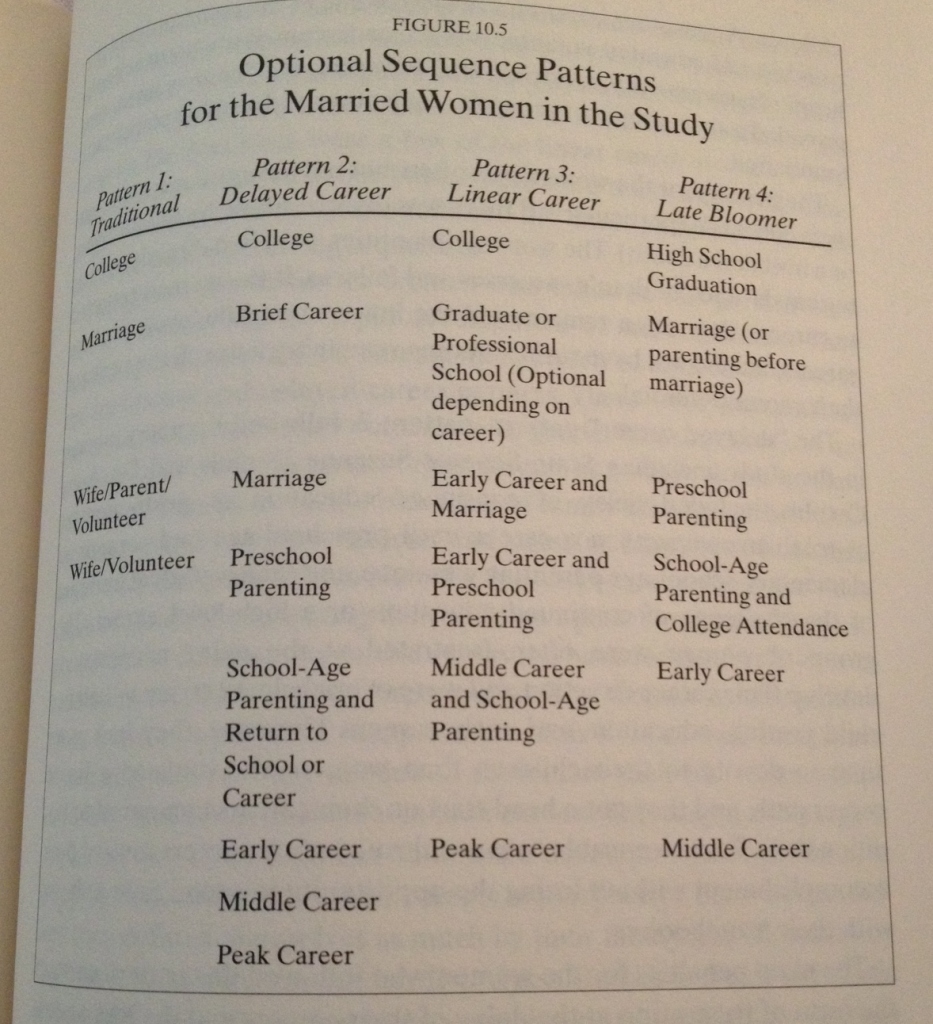
Image via shutterstock
As I predicted, Julie Bishop’s refusal to embrace the F word, drew criticism. One of the most interesting pieces about this issue was by Paula Matthewson over at Women’s Agenda, The real reason women of the right will never call themselves feminists.
Matthewson explained,
Those of us who are right-leaning individualists believe it is our responsibility to do the very best we can, and if we fail it’s not society’s fault but due to our own limitations – be they in capability or effort.
Matthewson’s piece gives a succinct insight into how the labeling is a pointless exercise.
Some forms of activism can be attractive to individualists but it’s the antithesis of what it means to be a conservative. Conservative women support the status quo, and when change is needed then it must be incremental. They see activists, and the revolutionary change they espouse, as anarchistic and alien. Insisting these women should self-identify as a feminist is demanding they do something that goes against their deepest grain.
I would add another point in why Bishop doesn’t feel the need to identify as a feminist. In her working life Bishop has been able to replicate the linear male route of employment. Her career has largely played out uninterrupted. This is not a criticism of Bishop for not having children. It is simply a statement that when you can have straight-line working life building success upon success you are able to effectively engage with the male dominated workplace in the way that is most rewarded.
In many cases a woman’s working life is not linear but a “circuitous staircase” as Dr Sylvia Rimm describes in her book See Jane Win.
The women in our study followed a variety of pathways during their careers. Not only did more women take roundabout steps, but they were often detoured by family responsibilities and delayed by pregnancy and childbearing. Some returned to school multiple times before completing their education and initiated careers years after they had planned. Their later careers were often entirely different from their original careers… other women staying in their careers but intentionally slowed their climb upward so they could avoid the guilt and/or participate in the joy of parenting their children.
Good god, how much easier would it be to ditch the circular staircase and just take the lift to the top floor?
I spoke recently about the issue of “personal effort vs reward” and argued that as a young, childless woman I was able to negotiate my way into some very good, well-paying jobs. After 10 years out of the workforce, and having moved to a regional area, my capacity to negotiate was nil. Even after six years back in mainstream employment when I queried an offer of three days a week work for six months with “will it be a six month contract?” and “what is the rate pay?” a token “we’ll find out” was never followed up by the company, despite my attempts to clarify, and the position was given to someone else without any further discussion with me. This is just one of many examples I have encountered since my return to work, so I’m a little skeptical of the idea that with enough hard work anyone can succeed.
What I think we need to do more of though is have a clear discussion about the many ways a working life can play out.
Again from See Jane Win.

So much focus is given to trying to replicate pattern 3, the linear career, we fail to engage with the idea of how a different structure can provide a more broad ranging set of experiences which enhances rather than inhibits a person’s ability to do a good job.
I would argue skills gained in time-out periods of life create employees with versatility, resilience, creativity and exceptional time-management skills.
I reckon a circle looks a lot more fun than a straight line.
Would you regard yourself as having taken the “circuitous staircase”? Or am I just kidding myself and we are all running around in circles alright but nobody’s going anywhere, let alone up?





Interesting! I would definitely say I’m on the delayed career route, but with part-time study started during my brief career extending to the school-aged parenting years.
I think that I’m very happy with the route I’ve chosen. I’ve been there for every concert, and plan to be for the foreseeable future. My experience in my brief career and study has now got me running my own small business and I don’t think I ever want to go back to climbing the corporate ladder.
I’m enjoying your F-series posts, Janine. 🙂
I’m so glad you are enjoying the series Shelly, I worry it’s boring for people. Yes what you describe in terms of your career is much more familiar to me than the linear route to the top.
Interesting to read Paula Matthewson’s explanation about conservative women & labelling. Makes sense, though I don’t agree with her at all about pinning ‘failure’ on one’s own limitations.
Of course individual limitations play a part, and ultimately everyone has to take responsibility for their own life (many on the left would agree with that point), but structural & societal factors can definitely hold people back – witness all the people around the time of Whitlam’s funeral talking about how without him introducing free education, they couldn’t have gone to unIversity.
On your question – I guess I took route 3 but not sure that I’m at ‘peak’ career yet. Perhaps in terms of experience, but not in terms of money.